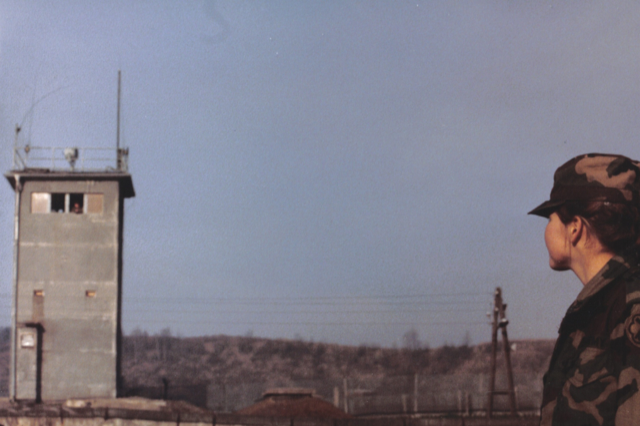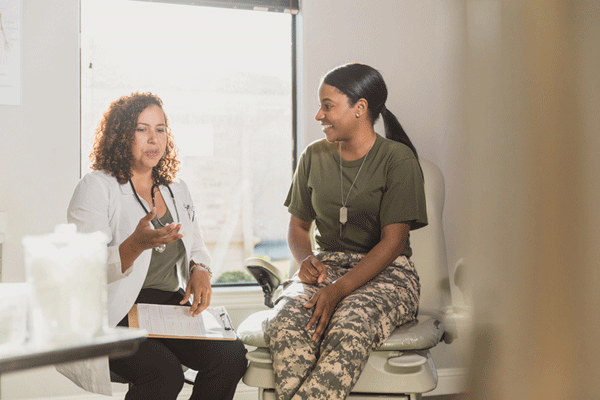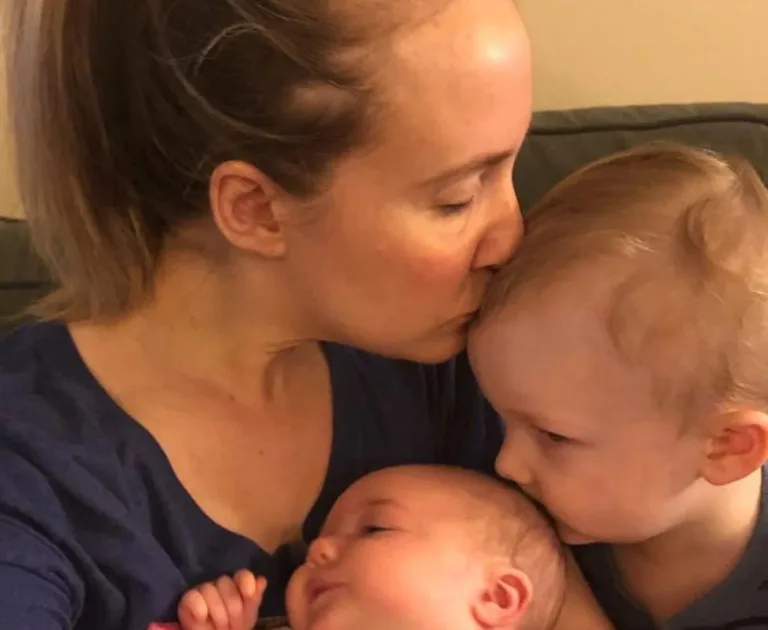As told to Nicole Audrey Spector
I joined the Army straight out of high school. I was motivated to enlist because I couldn’t afford college and the military was a ticket to a more affordable higher education. I also saw career potential and felt it was a way of giving back to the world.
I was a bright kid, and I got high scores on the Army’s required tests. Though there were very few women in the military then — and certainly no targeted marketing to us — I think the military was happy to have me no matter my gender.
This was in the late ’80s, when the Cold War was still raging. I spent a year at the Defense Language Institute learning Russian, then went to Europe as an intelligence analyst specializing in Soviet East European ground forces. It was an intense and exciting time. I like to say I ran away from home to become James Bond.
I went on birth control, aka “the pill,” when I was 18 — just because that was the smart thing to do. For me, going on the pill wasn’t a thought-out decision so much as the obvious choice. The pill meant control and independence. And not many of us wanted to end up pregnant.
While I felt accepted and empowered in the Army, there was one definite problem with being a woman in a (mostly) man’s world: my period. My female comrades faced the same challenge.
The symptoms that came with our periods — including cramps and days-long bleeding — made being mission-ready a challenge. The male higher-ups couldn’t relate to our needs, and they certainly couldn’t provide for them.
It was awkward enough to have only male sergeants. Imagine going up to them and saying, “Hey, sorry, I’m bleeding through my pants and need a pad.” Unthinkable!
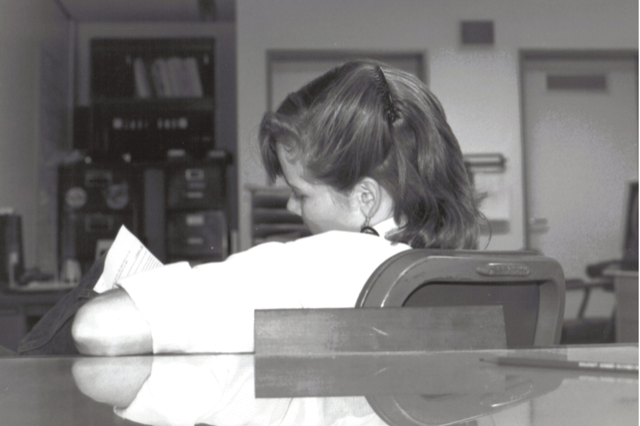
Pads were particularly needed. We usually chose them over tampons since we’d have to wear them for hours, and we were well aware of the dangers of toxic shock syndrome , which you can get if you leave a tampon in too long.
I and the other women I worked with all but raided the minimart on site, which sold pads — but far from enough to meet our needs. Sometimes we’d be stuck wearing the same pad for way too many hours. Sometimes we’d march through rivers in them. None of this was healthy and in fact, could cause yeast infections and other vaginal health issues.
But what were we to do?
There were women who did indeed bleed through their pants. And it was embarrassing, sure, but we also didn’t really have enough time or energy to stay embarrassed or to let it affect our performance. We had urgently important jobs to do.
We were also crafty and came up with solutions that, though far from ideal, did the trick for period care when we were in a bind. For example, a spare brown T-shirt is softer than paper towels. So if we didn’t have a pad, we’d use an old stained shirt as a substitute. We’d also get a Ziploc bag and line it with duct tape so we could dispose of pads, seal them up and not have the men see what was in the bag.
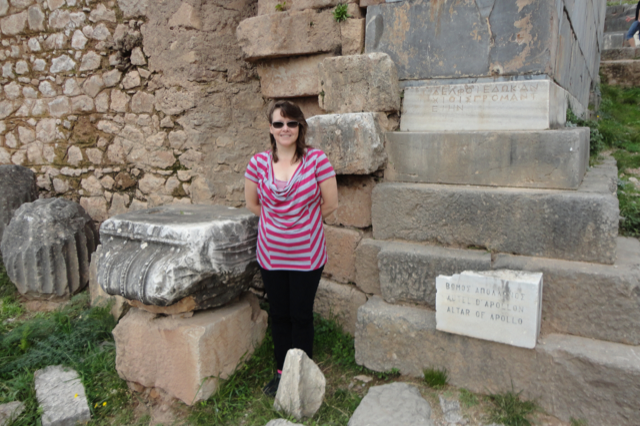
But perhaps the most creative and useful method we came up with was using birth control to stop our periods. This was a tough one to pull off because we had to get extra pills so we could take them all month. We had doctors around to give us extra samples of birth control. This was far from ideal, and we worried about the health risks because this was before it was known that you can take birth control to stop your period without harm. We were mostly of the then-common belief that if we messed with our menstrual cycle, we could damage our uteruses and/or lose the ability to get pregnant.
Today, we have so much more science and evidence-based facts around period care, sanitary needs, fertility and birth control. But, we should recognize that, as a society, we still have work to do in terms of talking openly about our periods. And women’s period needs are still not entirely being met in the military. Servicewomen also still have questions about their birth control options.
I share my story because, while we may have made some progress, there’s more work to do. And we should all understand how we got here and what previous generations of women went through. History matters.


